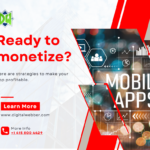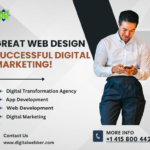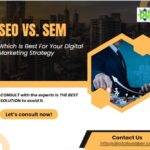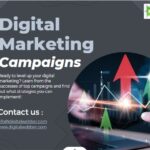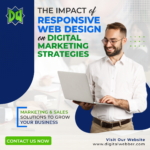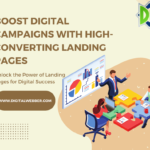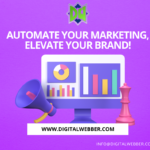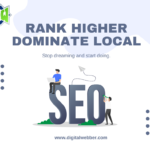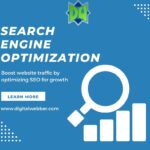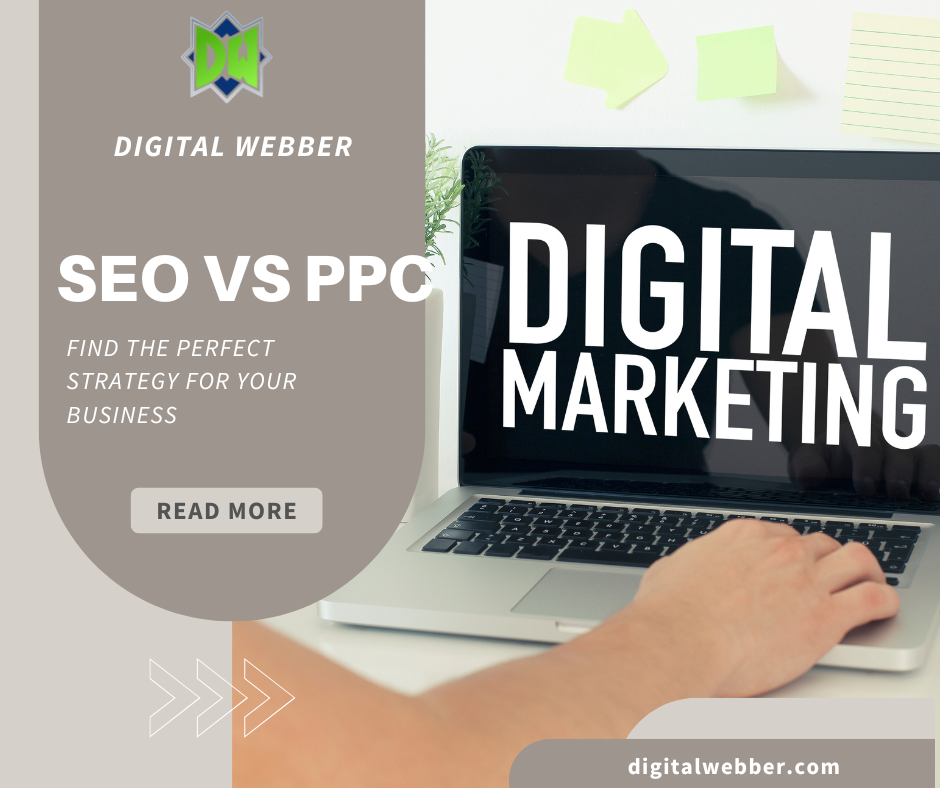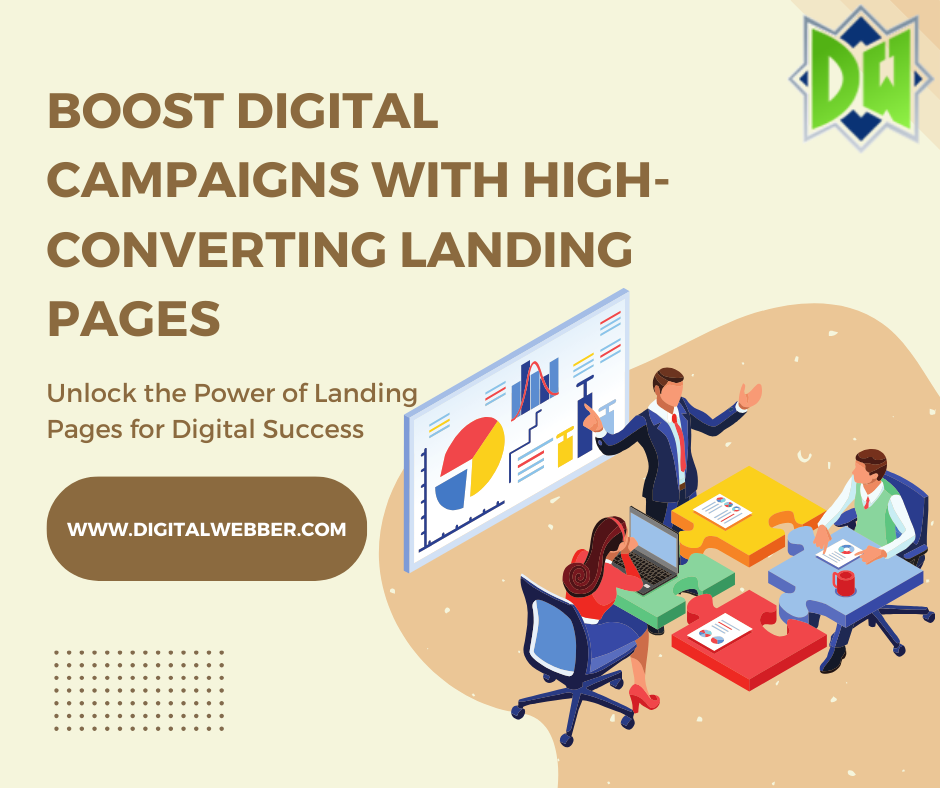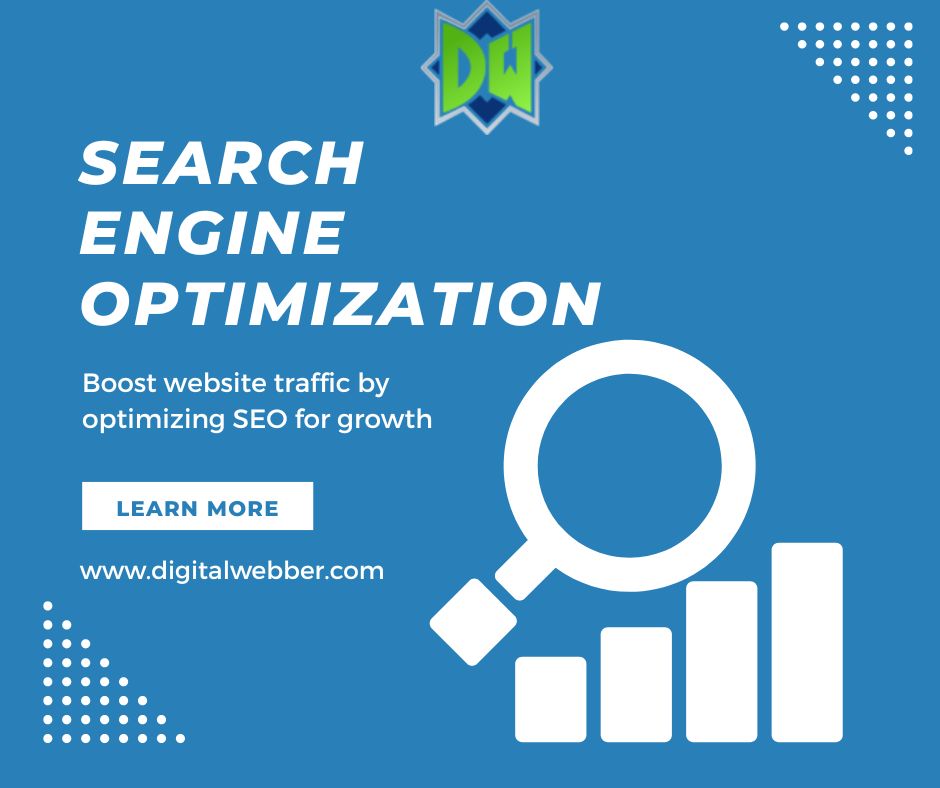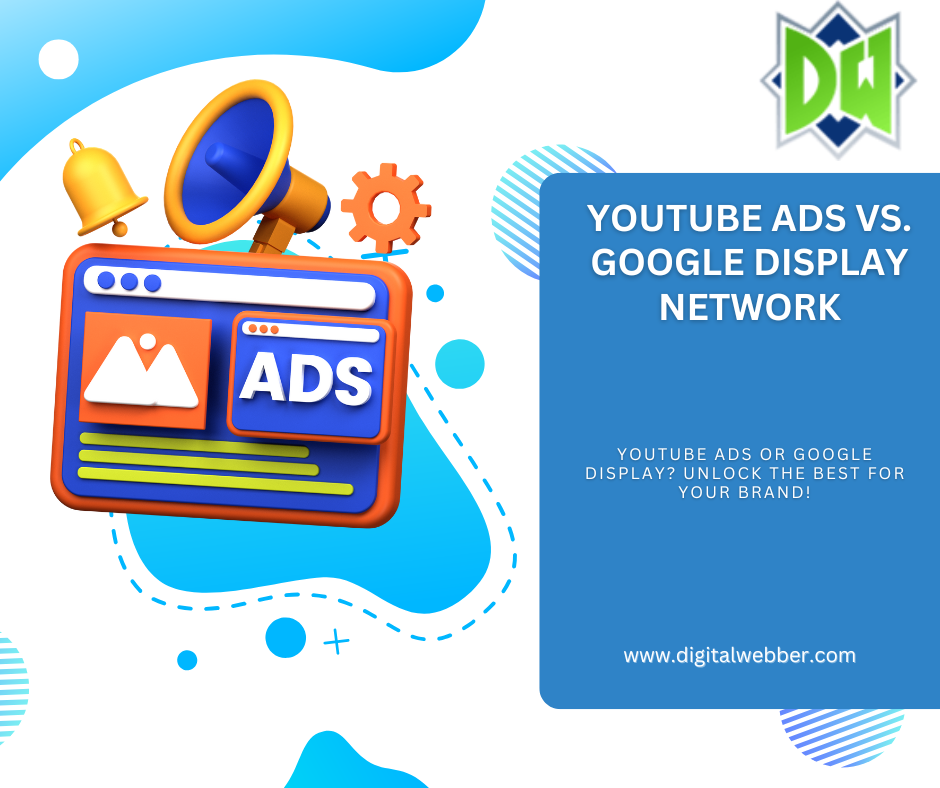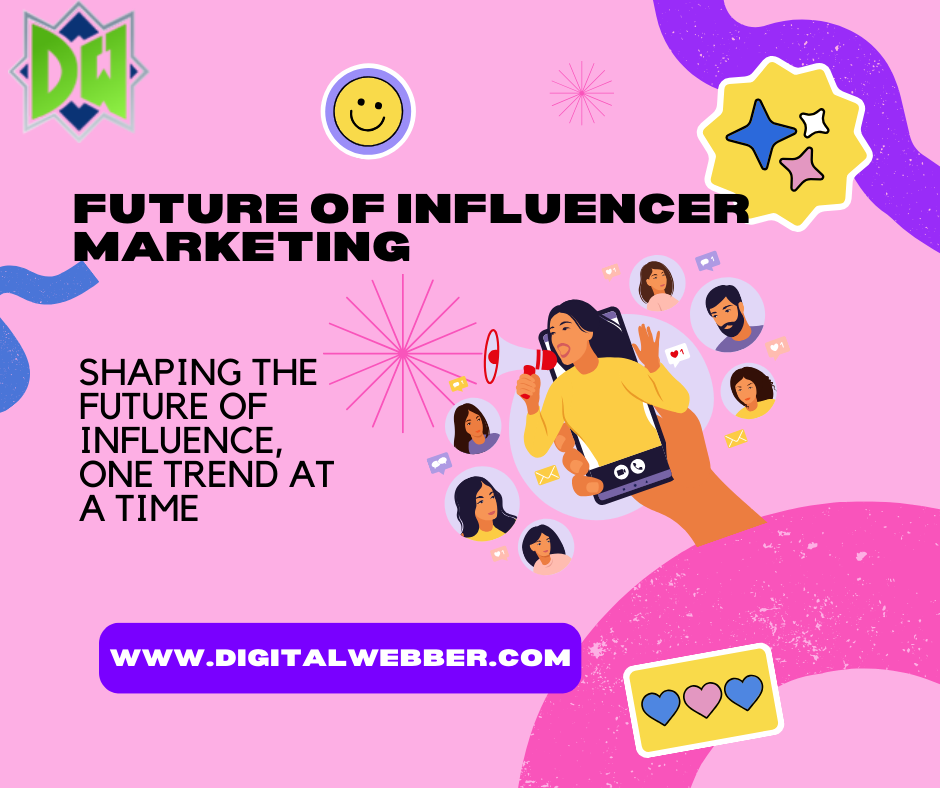Here at Digital Webber, we are constantly searching for the most effective ways to attract business for our customers. With dozens of digital marketing strategies, quite a distinct approach is required based on the business. However, two of the most important strategies that need to be employed irrespective of the business are SEO and PPC.
SEO stands for Search Engine Optimization, and PPC stands for Pay-Per-Click. While both of these aim to boost online visibility and drive traffic, both of these have a very distinct approach. And choosing between them ultimately boils down to your goals.
We here at Digital Webber specialize in helping you make the most out of each of these channels with the help of a data driven approach to deliver results. Let’s break down the basics and see which will have the most impact on your business.
SEO
Search Engine Optimization is the process of optimizing a website to help it rank at the top of organic search (non-sponsored) results. SEO digital marketing strategies help to boost visibility and in turn, credibility through relevant content, keyword targeting, and more. This is not like paying for an ad slot on the top. With the right SEO strategies, your website organically ranks higher based on certain search queries.
Four core pillars of search engine optimization include
- Keywords: Discovering and analyzing the search terms the target audience is using.
- On-Page SEO: Creating content that aligns with the search intent and optimizing page elements like headers, images, and more.
- Off-Page SEO: This uses backlinks to other credible websites to signal greater authority.
- Technical-SEO: Ensuring that the site’s structure and backend settings allow search engines to find, crawl, and index your content.
In a nutshell, the right SEO strategies help to create a user- and search-engine-friendly site that ranks well organically, which allows for a steady stream of relevant visitors.
The Pros and Cons
Pros
- Long term benefits: Although you can’t rank your page overnight, persistent work pays off. Once the page starts to rank high, it starts attracting visitors without any cost. And even though there are some costs associated with content creation, technical updates, and link building, these are not recurring meaning that even if you pause new content creation, your pages will continue to rank.
- Cost efficient: As mentioned earlier, costs associated with SEO are minimal and once the pages start ranking, minimal work is required to keep up the results.
Cons
Time consuming: SEO is no magic and you will need to put in consistent efforts to see the results. Typically, it can take up to a year to see the efforts paying off. Not the ideal option for businesses looking for quick results.
PPC
PPC or Pay Per Click, is a type of advertising where the business has to pay each time a user clicks on their ads. PPC ads typically appear over organic search results, which makes them highly prone to clicking. In PPC, businesses bid on keywords and phrases relevant to their product or services and set the budget for each click or impression.
Four key pillars of Pay Per Click digital marketing include
- Keyword research: Similar to SEO, finding the right keywords is essential. This is like finding the exact search terms that the users are typing in the search box.
- Setting the bid amount: Now you will have to determine how much you are willing to spend per click. This can be adjusted based on the competition.
- Ad creation: Crafting compelling ads that attract users to click and convert.
- Targeting audience: Find the right audience for your ads based on factors like location, interests, etc.
When you contrast this to SEO, PPC is more about direct, measurable spending on ads to bring in quick traffic.
The Pros and Cons
Pros
Instant results: PPC campaigns have the power to generate traffic and clicks within hours of launching the campaign.
Granular targeting: With PPC platforms offering a high degree of control over who to show your ads to, you can precisely target users based on several factors to reach the right audience for your business.
Cons
- Costly: PPC campaigns can demand a significant budget, especially if you are trying to compete in a super competitive market like insurance or real estate. These industries often come with high costs per click, which inflates the budget required for the campaign.
- Short term solution: PPC needs constant monitoring and budget to perform well and these costs can accumulate over time. Without the budget, the campaign will pause, leading to a loss in traffic.
Which one is right for you?
Now that we have gone over the basics of the two most important digital marketing strategies, let’s figure out which of these options is right for you.
When to choose SEO?
Focus on the long term.
Search Engine Optimization is ideal for businesses looking to create a lasting online presence. If you have the resources to create quality content and invest in SEO, it can significantly yield long term benefits without the need for any ongoing ad spend.
Have a limited budget.
In case your digital marketing budget is tight, investing in SEO is a more cost effective option than PPC. Since SEO does not require daily ad spending and monitoring, it helps save a lot of money in the long run.
When to choose PPC?
For immediate results
PPC is the perfect digital marketing tool for your business if you are looking to boost traffic quickly to drive sales. Great for seasonal promotions and product launches.
For precise targeting
PPC campaigns help you to target the right audience thanks to their targeting features. Highly-targeted ads help you reach out to audience segments in specific locations with specific interests.
Can I use SEO and PPC together?
For many businesses, combining SEO and PPC can create a more robust digital marketing strategy. Here’s how using both can maximize the impact.
- Use PPC for your SEO content: Once your SEO optimized content starts to rank and drive steady traffic, you can use PPC ads to drive even more traffic.
- Retargeting visitors: Organic visitors who land on your page might not convert on the first visit. Retargeting allows you to show ads to these visitors while they browse something else. This entices them back to your page to make a purchase.
- Targeting competition keywords: Plenty of online tools can help you find out what keywords are working for your competition. Once you have the keywords, you can create content around these keywords or create ads targeting them.
The decision to invest in SEO, PPC, or both ultimately boils down to your brand’s digital marketing goals. Want quick and quantifiable results? Choose PPC. Have the patience to build up an online presence that drives organic results? Choose SEO. Both of these are powerful digital marketing strategies and some even try and use them in tandem to get the best results.
The combination of SEO and PPC can be a powerful force that balances immediate visibility and sustainable growth. Choosing the right blend of digital marketing strategies with Digital Webber and creating a plan that aligns with your goals to unlock a new level of digital success.

